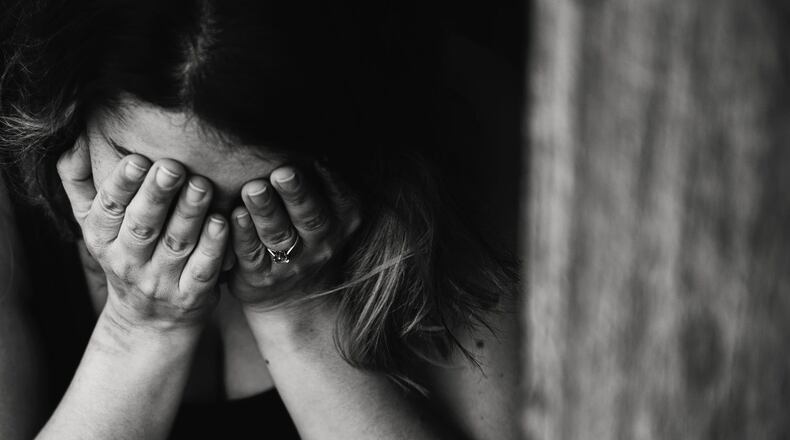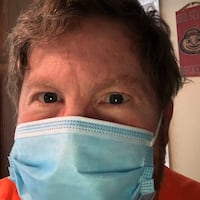Because September is National Suicide Prevention Month, several classes are being offered to teach people the basic skills needed to connect people who are depressed or at risk of suicide with doctors or therapists.
And on Thursday, which is World Suicide Prevention Day, the 2nd annual local Walk to Remember, for people affected by suicide, will be held 6 p.m. at Pyramid Hill Sculpture Park. Anyone touched in any way by suicide — even knowing someone who attempted it — is welcome at the free event, although registration is requested through www.envisionpartnerships.com/walk2remember so organizers know how many to expect. One speaker will be a Hamilton High School student who survived suicide.
“The theme that we’re using this year is Building Hope, so we have a physical marker that we’re going to be using, a ribbon of hope that we’ll all be able to hold onto at the same time and just recognize that we’re here as community building hope in one another, while we’re also holding some time as a community to remember those who have been lost to suicide,” Latta-Landefeld said.
Envision Partnerships is offering free classes in what is called QPR, a sort-of CPR for how to get help for those facing depression.
QPR stands for “Question, Persuade, Refer,” and it’s just like CPR, which is used to revive people whose hearts and lungs have stopped working.
“The more people we have ready to implement, if they’re encountering someone in a mental-health crisis, and it doesn’t even have to be a crisis,” she said. “It could be you’re talking to someone and you get a gut feeling that, ‘Is this person thinking about maybe hurting themselves?’ So it really builds the confidence to ask them directly about, ‘Are you considering hurting yourself, or are you considering attempting suicide?’ And then the next step is, ‘Let’s get you to the help you need.'”
The idea is not to create counselors out of ordinary citizens, she said.
Here are the classes, which will be offered remotely via the online Zoom format, and how to register for them:
- Sept. 16, 10 a.m. Register in advance for this meeting at: https://us02web.zoom.us/meeting/register/tZUtf--grDMtHtYGbufomwGAA9CSQ-2-hpWz .
- Sep 22, 9:00 a.m. Register in advance at: https://us02web.zoom.us/meeting/register/tZwkc-CsrDMsEtDB5jjQDwXqey4h94rtcpKo .
- Sep 23, 10 a.m. Register in advance at: https://us02web.zoom.us/meeting/register/tZAkcemvpj4uGt34XJZ95tgyN-vHUWa_WQrS .
- Sep 24, 12:30 p.m. Register in advance at: https://us02web.zoom.us/meeting/register/tZcvd-ugqzgsE9FLJtmUiFIm5kEXbT4r8k3- .
- Sep 30, 10 a.m. Register in advance at: https://us02web.zoom.us/meeting/register/tZAtdO6upjwsHdKBhVPLGF6ClRDUpnIcJjiv .
About the Author

